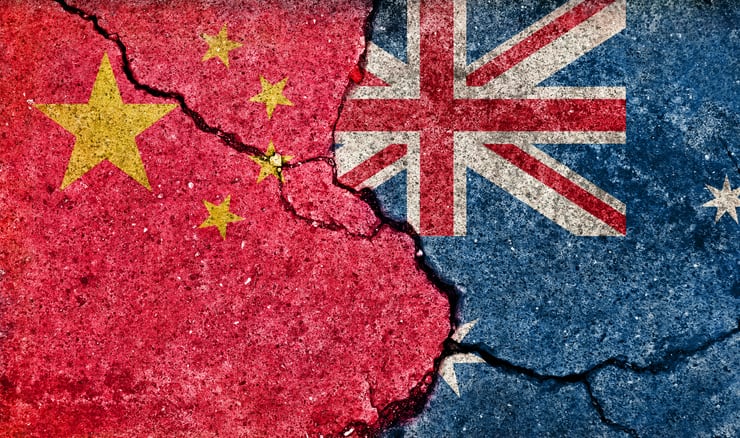NutraIngredients-Asia caught up with Mark Tanner, managing director of Shanghai-based marketing and research agency China Skinny, after his presentation at the Natural Health Products NZ Summit 2021.
According to China Skinny Supplements Tracker, which follows the top 120 dietary supplements on Tmall, weight loss was the top selling category.
“The strong performance of weight loss supplements is a result of the more sedentary lifestyle and processed food diets that people are eating,” Tanner said.
The National Health Commission report in China reported that in 2002, 29% of adults in China were overweight. By 2020, more than 50% of adults are overweight.
He added: “Especially in Chinese culture, there is an expectation to be skinny and trim, and it is not acceptable to be overweight, as it is in other parts of the world.
“I think people will be as weight conscious as ever and try and take the easy way through supplements.”
Within the weight loss category, about 98.4% of products are sold by domestic brands, and only 1.6% are foreign brands.
While it is the top selling category and foreign brands may be inclined to enter this space, he advised them to analyse and understand the different categories and opportunities available.
For instance, the fourth most popular category within supplement sales is weight and muscle gain. For this, about 62.6% are sold by imported brands.
Meanwhile, the growing domestic fitness market is bumping up sales of supplements such as protein.
“The opportunity for foreign brands is far greater in the weight and muscle gain category, and it is also more premium and can ideally gain higher margins.”
Pet health
An emerging market for supplements is pet health, which Tanner said was also accelerated post-COVID-19.
“When people were stuck at home during the lockdown, their pets provided a sense of companionship, comfort, entertainment, in a pretty difficult emotional time for a lot of consumers.”
In addition, birth rates are falling in China, with many people choosing not to have children and substituting with pets.
“They are willing to spend to make sure their pet foods are organic, clean and healthy, a natural extension of that by treating them in the way you treat a baby.”
This meant buying health supplements to keep their pets healthy, or provide a shiny coat, or strengthen joint and bone health.
“I think it's a real opportunity that may not be as tapped as some of the other health categories.”
Delivering needs not functions
According to Tanner, for foreign brands to succeed in China, they should go beyond the functional benefits of the products.
“It’s not having generic products and selling the same product to 1.4 billion consumers. It’s about getting more targeted and having products that meet their specific needs, whether it is their lifestyle or interests.
“It's really connecting with consumers at a more emotional level.”
He cited Australian health and wellness firm Swisse as an example, which fused beauty and health together.
The supplement maker recently ramped up product development for its beauty range comprising of skin care products which it pairs with several of its nutricosmetic supplements.
Another opportunity that brands can tap into is sustainability.
While adoption is still in its infancy in China, he believes it is rapidly gaining traction with younger consumers – even if they define it differently to many other markets.
“Things like saving the world and carbon footprints are less important to them, it's more about the individual benefits so a lot of Chinese will associate things like health with organic and sustainable and environmentally friendly products.
“They think the more environmental their product is, the less likely they are to get sick from it.”
Taste of New Zealand
Recently, China Skinny published results from a survey conducted in April 2020 and April 2021, with 800 consumers in China.
The firm wanted to see the changes around the intent to purchase New Zealand products across different categories.
Consumers were asked to rate between -2 to +2, with 0 meaning neutral on their intent to purchase.
The higher the number, the more likely they are to purchase this year.
The intent to purchase NZ dairy was 1.38 in 2020, and 1.40 in 2021. Similarly, the intent to purchase NZ infant formula was 1.33 in 2020, and 1.35 in 2021.
Health supplements also saw an increase, from 0.6 in 2020, to 0.83 in 2021.
The beauty category saw the biggest change, from a negative value in 2020, to 0.47 in 2021.
Tanner said these increases likely drew from New Zealand’s reputation of natural, healthy and clean products, which are also needs that have significantly increased in China since COVID-19.




